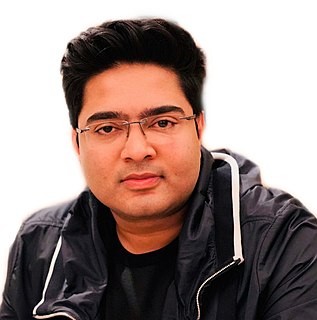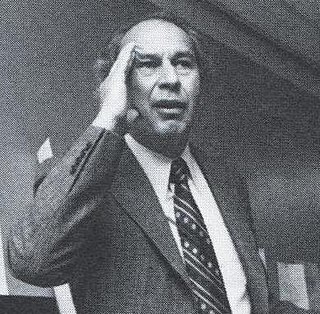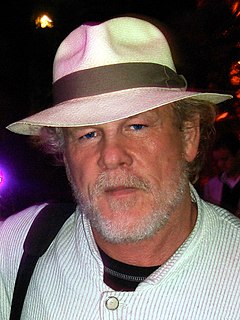A Quote by Jessica Lange
To work with a director that has emotional commitment and passion toward the characters, and the piece, and the experiences, it only enriches your work.
Quote Topics
Related Quotes
For me, one of my favorites, director-wise, is Tim Burton. I also really admire the work of actors like Sean Penn. He is probably my favorite actor because of his dedication and commitment to roles, and the ability to morph and change himself when he needs to. It's about dedication and commitment and a passion.
The only thing that does change, to some degree, is [that] you have some life experiences, you suffer a certain amount and you incorporate that into your work. Not in the content of your work, but in the sensibility of your work. It's nothing that you try and do; it just happens. And if you're lucky, people buy tickets to see it, and if you're not lucky, [then] they don't like it. But that's all.
Theater is about interpretation and what an actor and what a director brings to a piece too. I'm open to it every time I work with a director and a group of actors. I have to be open to that interpretation. I'm not one of those hysterical playwrights that come and say, "This is not what I intended to do." It's one rendition of the piece.
Working hard and doing doing great work is as imperative as breathing. Creating great work warms the heart and enriches the soul. Those of us lucky enough to spend our days doing something we love, something we're good at, are rich. If you do not work passionately (even furiously) at being the best in the world at what you do, you fail your talent, your destiny, and your god.
The lessons you are meant to learn are in your work. To see them, you need only look at the work clearly - without judgment, without need or fear, without wishes or hopes. Without emotional expectations. Ask your work what it needs, not what you need. Then set aside your fears and listen, the way a good parent listens to a child
With a director it's all about the work; I'd work with a great director over - you know, I'm not the kind of actor who that doesn't go, 'I want to play this role.' It's more like, 'I want to work with this director,' regardless of what the role is because if it's a good director, you'll probably find a good role because it's a decent film. But a mediocre director will always make a mediocre movie.




































